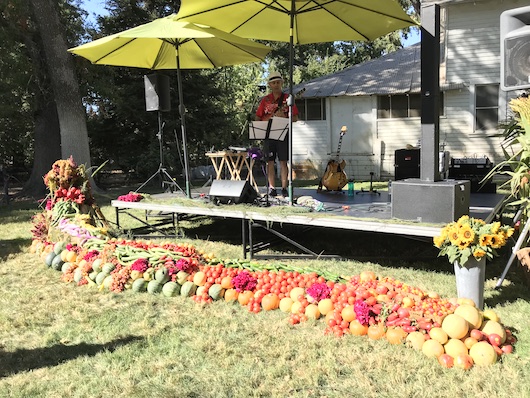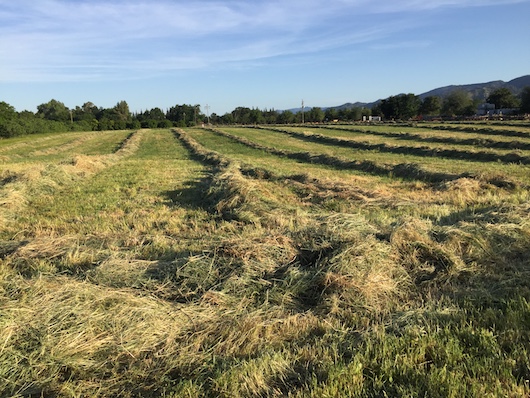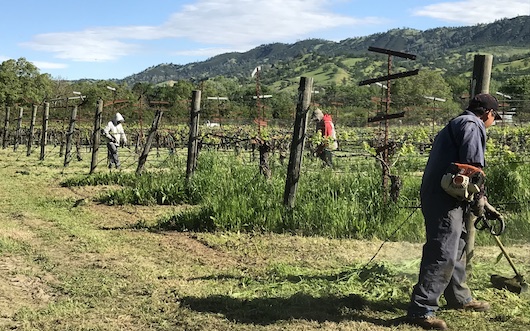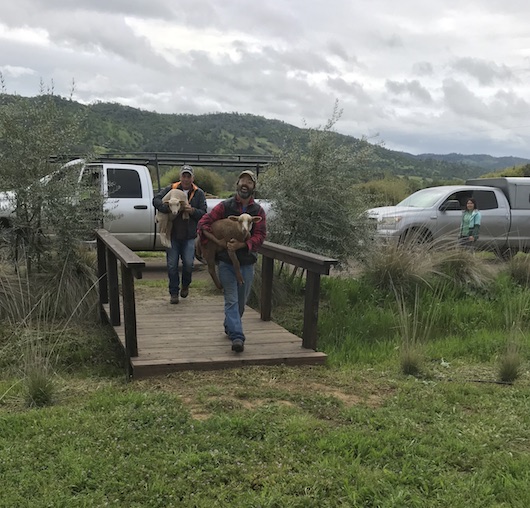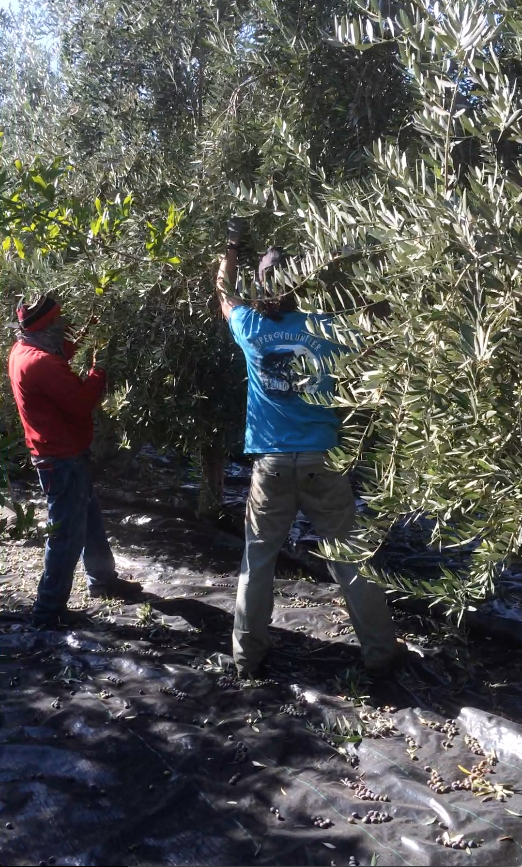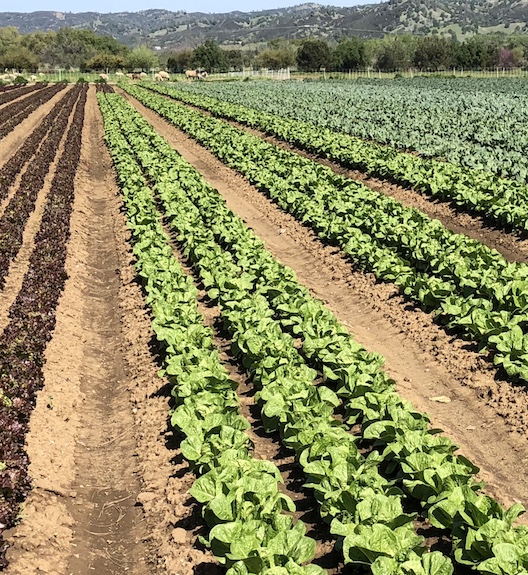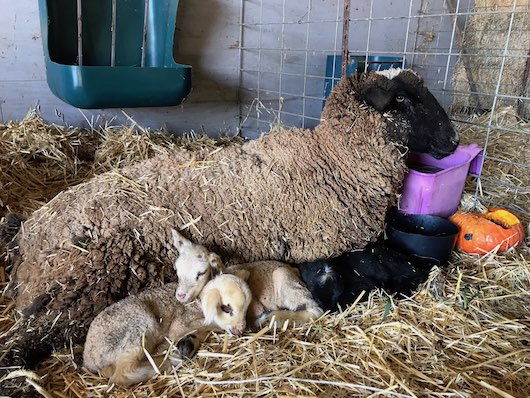
We are so happy to have had rain — and we are hoping for more, much more. This week’s storm is just a start on what the land needs. We woke up last Tuesday morning to frosty and freezing scenery, and a few days later the beautiful sight of a ribbon of snow snaking along the tops of the western hills. Farmers love weather, and this was a big weather week. As the snow melted, the report came that the snow melt could be seen running down the hills and into the Creeks on the Valley floor. [Read more…]
